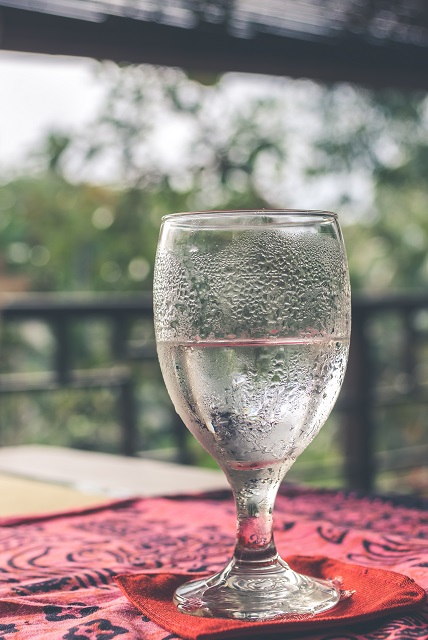Posted: Aug 25, 2020

The bottle of wine I ordered from Cameron Diaz tells me quite a few things—it’s made with organic grapes (kudos!); free from added sugar, artificial colors and concentrates (serious shade to some other wines); and vegan-friendly (more on that later). The label even tells me how to pronounce the name of this new Avaline brand the actress and her business partner Katherine Porter just launched, although it didn’t seem too necessary. For the record, it’s “/ah-vah-leene/.” Less helpful, I’m told that the beverage is “white wine” (what grapes and from where you have to dig around the website to find out) with a “dry with a crisp, fresh finish,” and that it pairs well with fresh-cut flowers and my favorite meal (any meal at all?).
Avaline is one of a handful of new brands styling themselves as “clean wines,” a newly minted marketing moniker unabashedly chasing the $52+ billion wellness market, a veritable lifestyle industrial complex that primarily targets Millennials. With the tagline “When wine comes clean” on its website, and claims that it’s “transparently produced, full of natural goodness and free of unnecessary extras,” Avaline aims to convince people that drinking booze is compatible with healthy living. Even less subtle is Good Clean Wine. It’s, um, called Good Clean Wine and says it “pairs with a healthy lifestyle.” Wonderful Wine Company, launched in May by Winc Wines, offers “wellness without deprivation.” And Scout & Cellar chimes in with “clean wine for better living.” There’s no shortage of sun-dappled Instagram pages, boozy bubble baths, poolside day drinking and millennial pink in the lifestyle these brands are pedaling.
Clean wine is the latest iteration—and possibly the least meaningful—of the hands-off trends in winemaking. Think “natural” or “minimalist,” both terms (like “clean”) that have no legal definition. Sure, there’s merit to the implied principles of “clean” winemaking—presumably minimal synthetic chemicals in the vineyard and few unnatural additions in the winery. After all, more than 70 additives and processing agents are allowed in U.S. winemaking, from the fairly innocuous (if terroir-busting) acid to punch up brightness and the grape concentrate Mega Purple to lend more color, flavor and richness (the “artificial colors and concentrates” disavowed on the Avaline label) to the more ominous-sounding fining agent protease, which is derived from pig or cow stomachs. Hence, abstaining from using those, which Avaline does, makes a wine vegan.
“Most consumers of clean wines assume the grapes are organically grown and fewer inputs are used in production,” says Libby Mills, a nutritionist at Villanova University College of Nursing. “But there is no way to know for sure.” So clean wine can mean whatever a company wants it to mean. Still, she gives the movement the benefit of the doubt as “a natural extension of consumer interest in organics and the desire to enjoy foods and wine that are both good for their bodies and the environment,” adding “one can assume that in a clean wine there won’t be a long list of ingredients that go into the production. And those on the list will be used only as needed—like yeast—or minimally.” But, she admits, “this is not very conclusive, nor does it rule out the use of Mega Purple, though the likelihood is low.”
With no clarity in the category, and the fact that producers aren’t required to reveal exactly what goes into their wine, Mills advocates educating oneself about—and trusting—the certifications that do have legal parameters, like USDA Organic (a rigorous protocol for the actual production of wine) and the USDA’s broader “Made with Organic Grapes” label certifying farming methods. And while Mills doesn’t believe wine should be eschewed altogether, she does point out, like a nutritionist would, that alcohol is a toxin.
By Sara L. Schneider
Source: Robbreport.com
August 24, 2020
Go-Wine's mission is to organize food and beverage information and make it universally accessible and beneficial. These are the benefits of sharing your article in Go-Wine.com


The Wine Thief Bistro & Specialty Wines is a locally owned small business in downtown Frankfort, IL offering world class wines in a relaxed, casual gathering spot for friends and family. Offering world class virtual tastings and touchless carryout.
https://www.twtwineclub.com/aboutus
Go-Wine 25 Great Wineries in US selection prioritizes quality, value and availability.
www.go-wine.com/great-wineries-in-america
Tasting wine is a nice experience, but visiting the places in which wine is made is a magic moment. Available in New York City for touchless pickup.